Paw-sitive force: South Korean joggers and dogs aim to keep public safe
Seoul authorities have launched Running Patrol, an initiative aimed at enlisting local running clubs to act as informal safety patrols
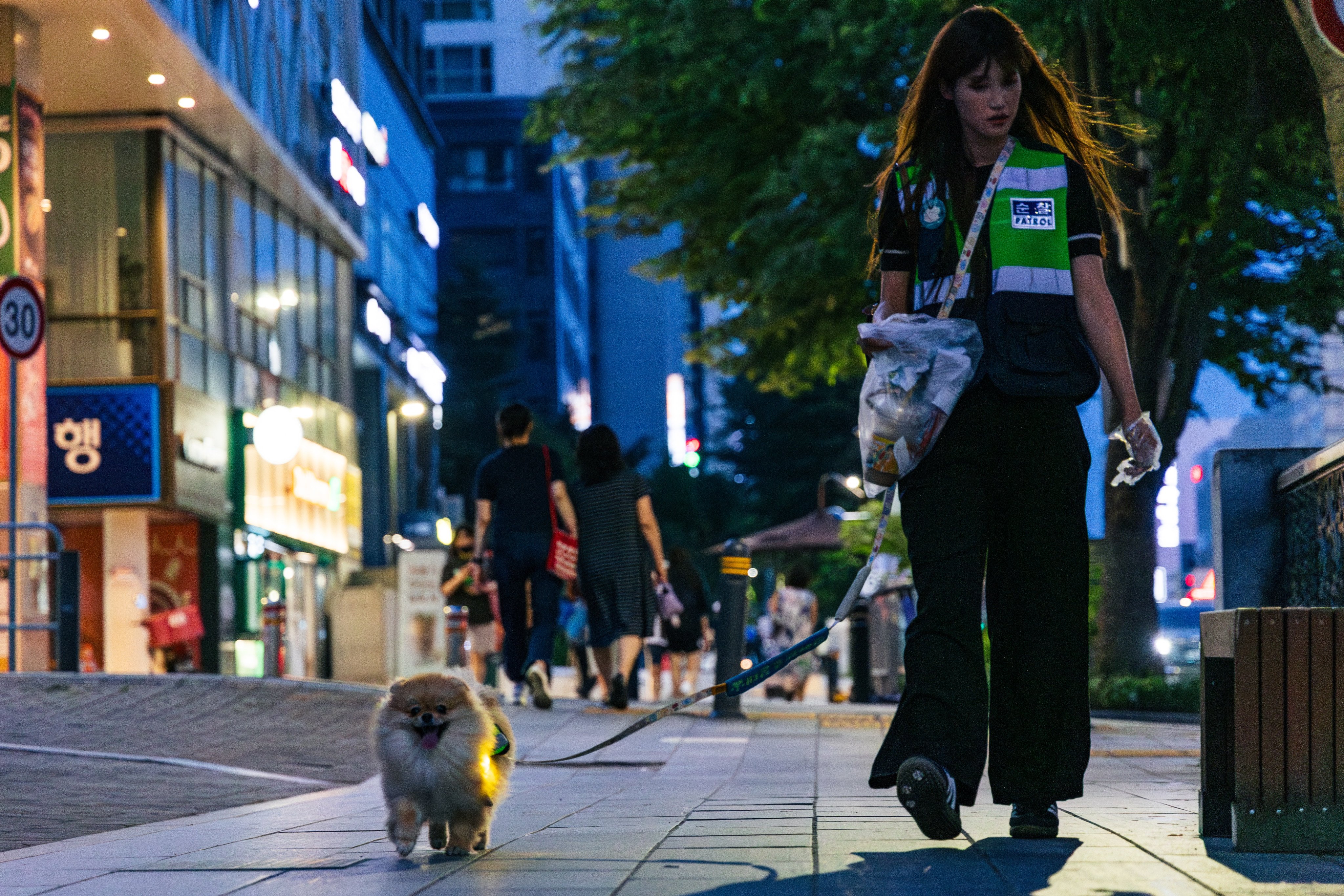
On a warm summer evening in Seoul’s Seodaemun district, more than 30 joggers and police officers in vests run alongside a stream, weaving between cyclists and passers-by. It may look like an ordinary fitness meet-up, but this is one of South Korea’s newest experiments in public safety.
The joggers are part of Running Patrol, a city-supported initiative that enlists local running clubs to act as informal safety patrols. Launched on Thursday, the programme reflects a broader shift in Seoul’s approach to community policing – away from rigid, top-down patrols and towards lifestyle-based engagement led by citizens.
“It’s not just about preventing crime,” said Han Seung-woo, 39, a member of the Be Ready Running Club. “It’s about doing something I enjoy while contributing to my community.”
The running club project is the latest extension of Seoul’s Citizen Patrol programme, an umbrella initiative with roots dating back to the 1950s. What began as conventional neighbourhood watches – often led by middle-aged residents in neon vests – is now being transformed, with dog walkers and joggers becoming the new face of community vigilance.
These patrols work as they revolve around familiar everyday routines, according to Park Junhwi, a researcher at the Korea Institute of Criminology and Justice. “They lower the barrier to entry while still strengthening public order,” Park said.
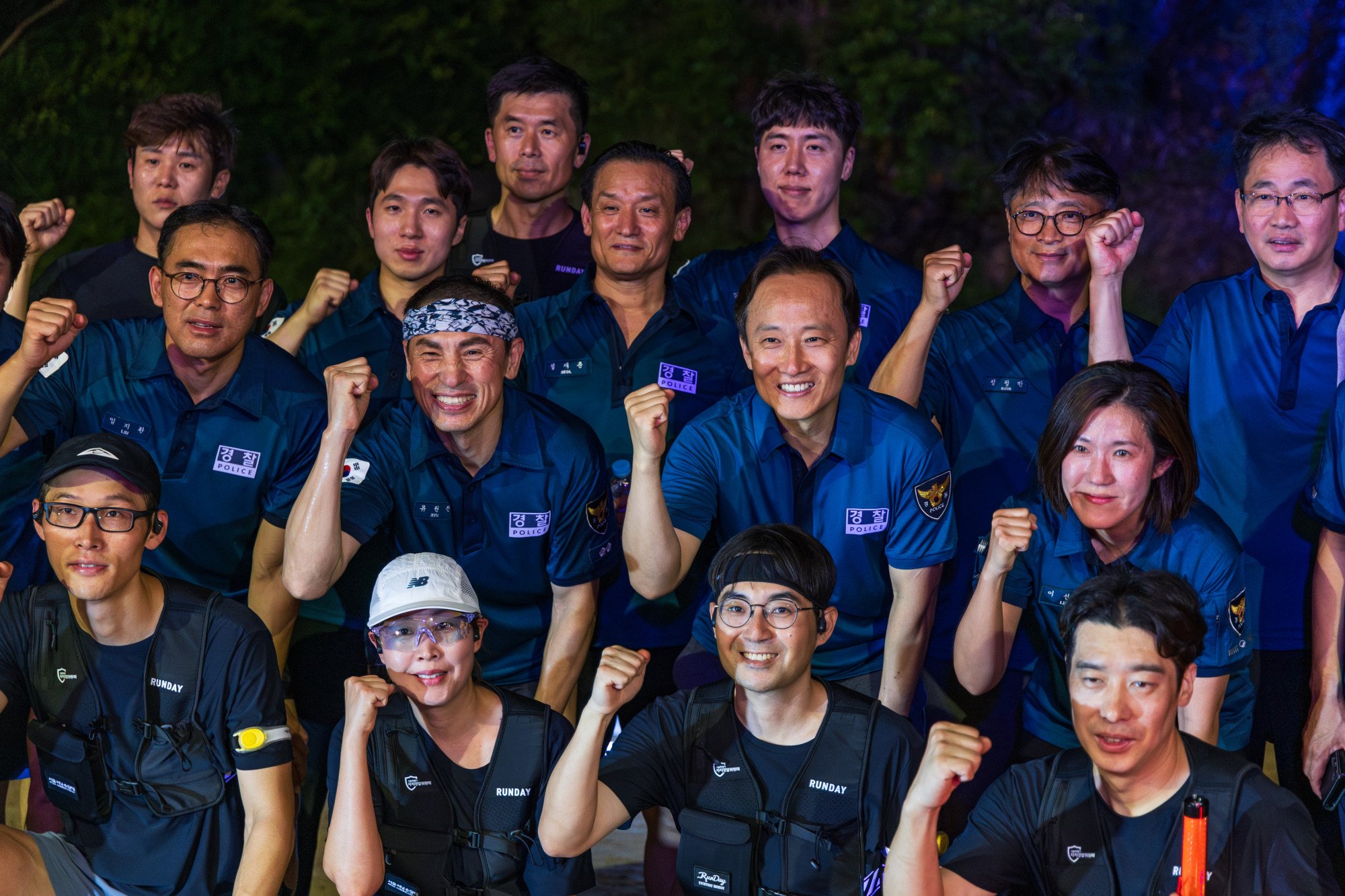
Soft activism
The shift reflects changing attitudes toward civic engagement in South Korea, particularly among younger generations.
“It’s difficult for police to be present always and everywhere,” said Kim Yong-woong, chief of the Seodaemun-gu police station. “By working with residents who know the area best, we can maintain order more effectively.”
These efforts are akin to what experts call “soft activism” – participation that is informal but deeply meaningful.
“The police are providing an outlet for citizen participation,” said Jang Hyun-seok, a professor of police administration at Kyonggi University. “It’s about taking responsibility for one’s community. It’s a form of political engagement.”
It is also effective in practice. Dog-walking patrols have led to the filing of over 450 crime reports and flagged more than 4,000 safety hazards since they were launched in 2022, according to the Seoul metropolitan government’s data.
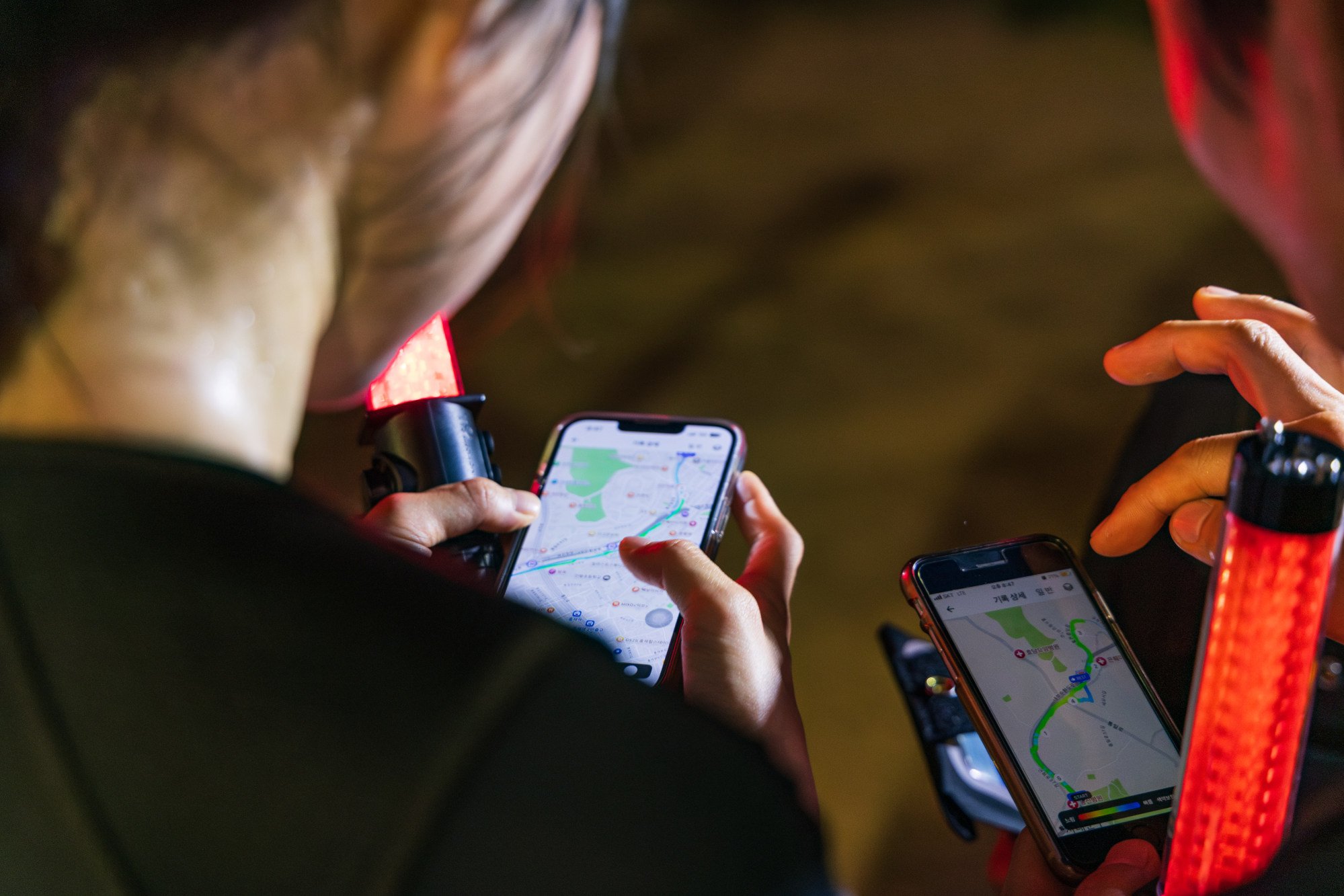
The city’s authorities have been supportive of the initiative by providing vests, reflective leashes, and an app for logging patrols and reporting issues. Volunteers operate independently, often organising via group chats or social media.
“I walk my dog every day anyway,” said Lim Joo-won, 32, an office worker in eastern Seoul who patrols with her Pomeranian, Tori. “Now I just do it more mindfully.”
Over the past year, Lim has reported over 10 incidents, including a tunnel leak and an attempted suicide. “When people see us in these vests, they smile and call Tori cute. They think Tori is too small to stop anything, but they know someone or something is watching.”
Tori has even received an appreciation award from the city for “outstanding civic participation”.
The dog walker patrol now boasts over 3,200 participants across Seoul. Aside from regular patrols, they also check on the elderly, help women and children walk home, pick up trash and participate in anti-drug campaigns.
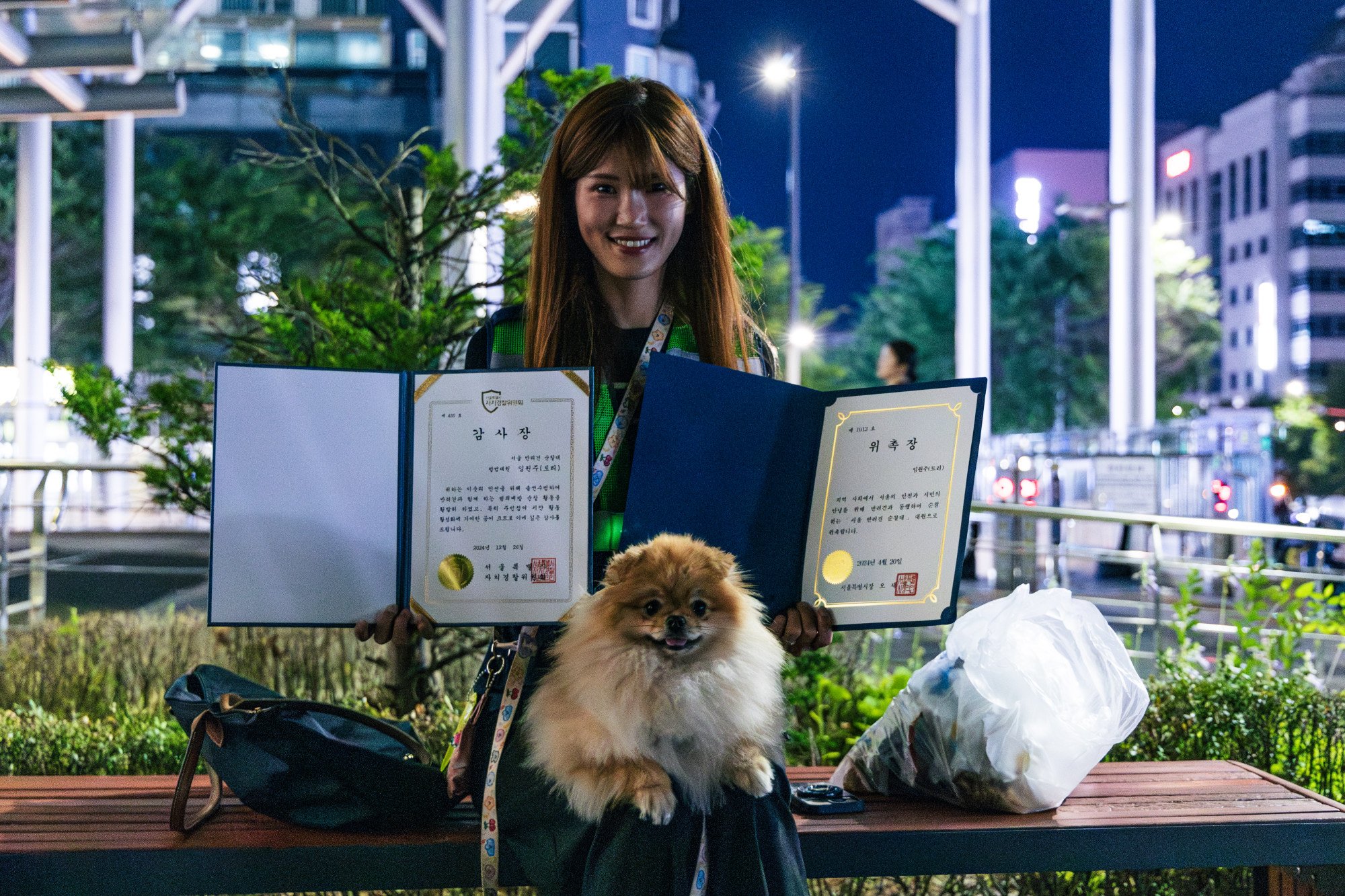
Beyond crime prevention
The patrols go beyond helping in boosting public safety by providing a sense of connection in a fast-paced city, according to volunteers.
As the joggers passed through the finish line one by one after completing a 5-km loop, other members cheered them on. “It’s one of the only times I meet people who live in my area,” Han said.
Lim said the dog patrols had helped build a social community among pet owners. “We sometimes grab snacks and chat about our dogs,” she added.
For other volunteers, the programme is a pathway to personal development. “Running is my hobby,” said Kim Kyo-eun, 40. “Now I feel like I’m also growing into someone who contributes to society.”
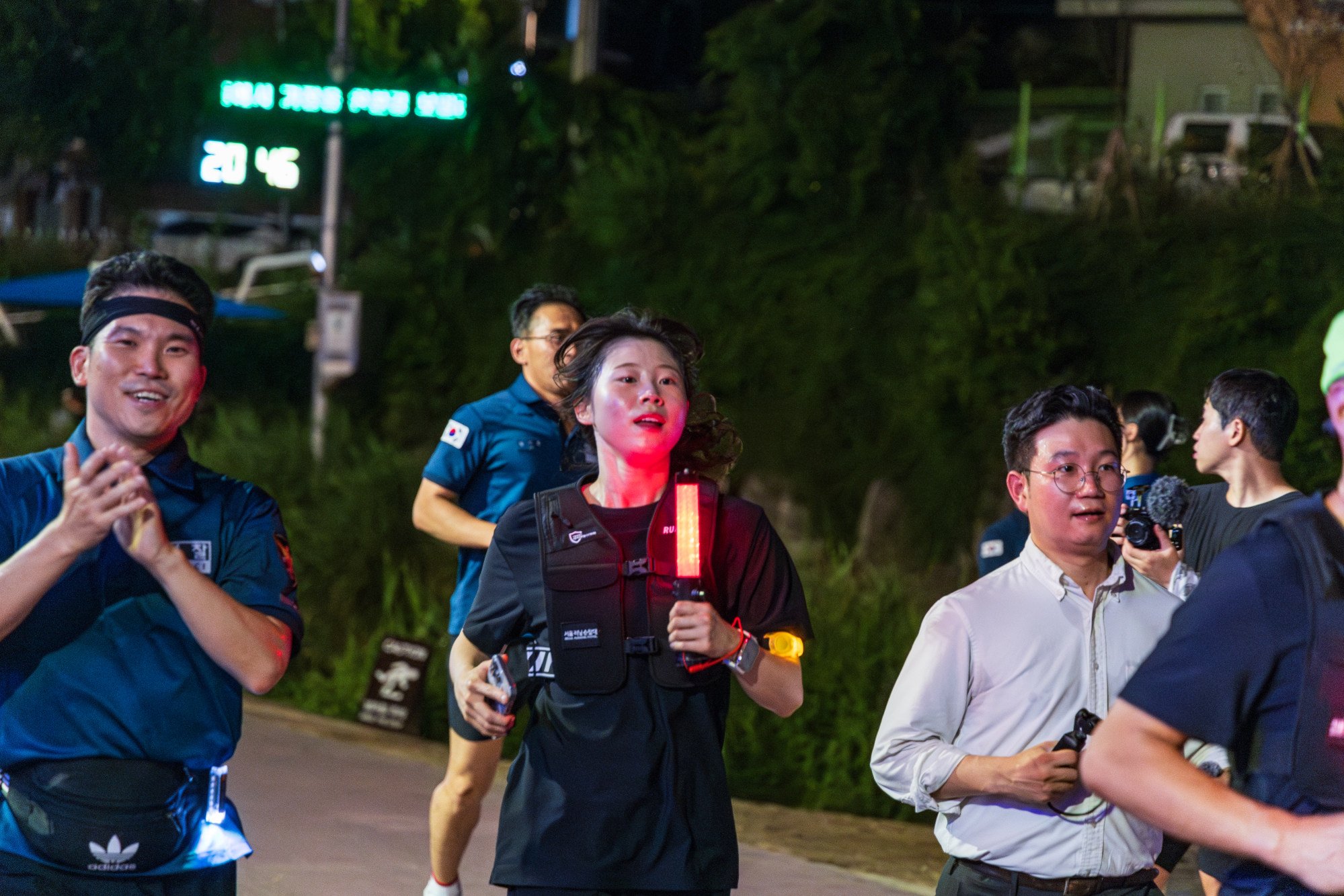
Yeom Min-gyun, the 38-year-old leader of the jogging club, said: “I felt good knowing that, although what we did was small, we made our local community better.”
Seoul officials such as Kim Young-soo, who oversees civic policing programmes at the city government, have been heartened by the volunteers’ contributions.
“Citizen participation is essential to grass roots democracy in public order. When locals take part, the response is faster, and the sense of ownership grows,” Kim said.
Young volunteers
South Korea’s citizen patrols have a complex legacy. According to Jang, the programmes originated during the country’s authoritarian era when residents, ranging from former soldiers, students and parents to taxi drivers, were mobilised to patrol neighbourhoods amid a manpower crunch in the police.
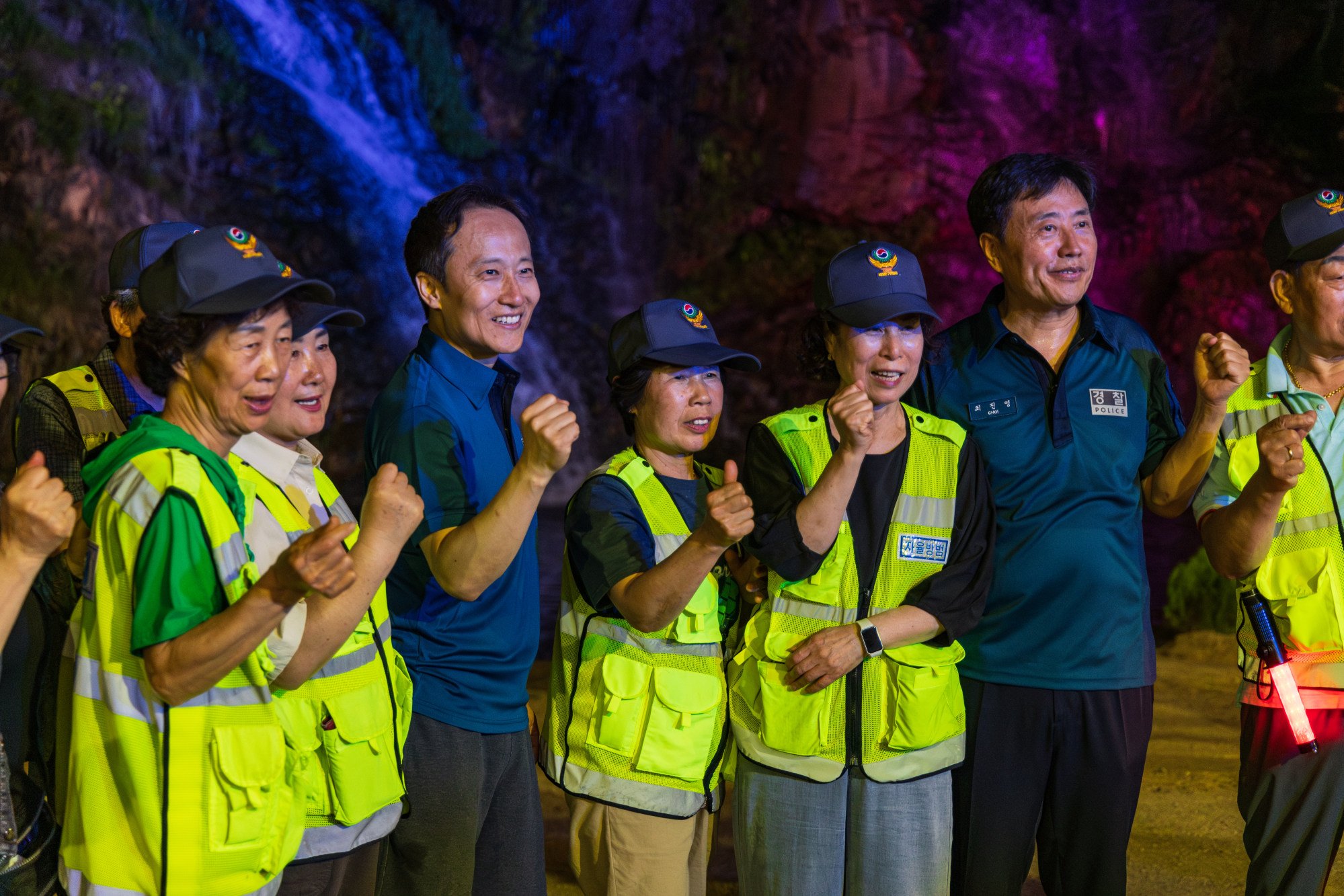
To draw more younger residents to join such patrols, newer, lifestyle-based programmes linked to these activities could be introduced, Jang said. “The traditional patrols have government funding, but also rigid rules such as mandatory hours, audits and strict reporting. It can be a bit more burdensome for younger people,” he added.
Elderly volunteers are urging more younger residents to join them on their patrols.
“Most participants in the [older] patrols are now in their 50s and 60s,” said a 64-year-old volunteer, who declined to give his name, in northern Seoul. “Many of us can’t patrol for long hours any more. Younger people aren’t joining.”